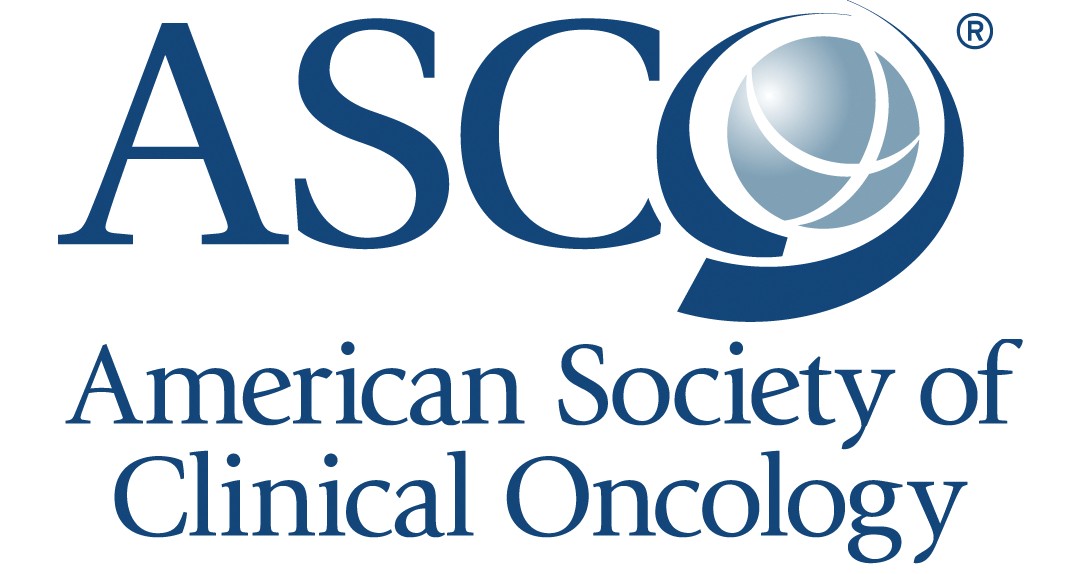Share this Page:
Results from a phase II international trial led by researchers at MD Anderson Cancer Center in America were presented during the 2020 American Society of Clinical Oncology (ASCO) Virtual Scientific Program. The trial showed treatment with a novel hypoxia inducible factor (HIF)-2 alpha inhibitor (MK-6482) was well tolerated and resulted in clinical responses in patients with von Hippel-Lindau disease (VHL)-associated renal cell carcinoma (RCC).
The study enrolled 61 patients with a diagnosis of VHL disease, no prior cancer drug treatments, non-metastatic RCC tumours, and in reasonable good health. The objective response rate was 27.9%, 86.9% of patients had a decrease in the size of their tumours, and the median time to response was 5.5 months. There were 8 patients who had a response that wasn’t confirmed by independent review. When these patients were removed from the analysis, the objective response rate was 41%. No patients had progressive disease on treatment and 58 patients (95.1%) remain on treatment.
MK-6482 was well tolerated and most adverse events were mild or moderate in nature. Less than 10% of patients had a severe adverse event and there were no life-threatening adverse events. The most common adverse events were anaemia (86.9%), fatigue (57.4%), headache (36.1%), dizziness (31.1%) and nausea (24.6%).
“Patients with von Hippel-Lindau disease are at risk of developing several types of cancer and other tumours, and there are currently no approved therapies,” said Dr Jonasch, the lead investigator “We are encouraged by the results of this clinical trial and look forward to seeing further study of MK-6482 as we work to make this treatment option available for patients with VHL disease.” These further studies include testing MK-6482 to see if it can prevent the development of new tumours in patients with VHL disease.
Read more in Medical Xpress here















